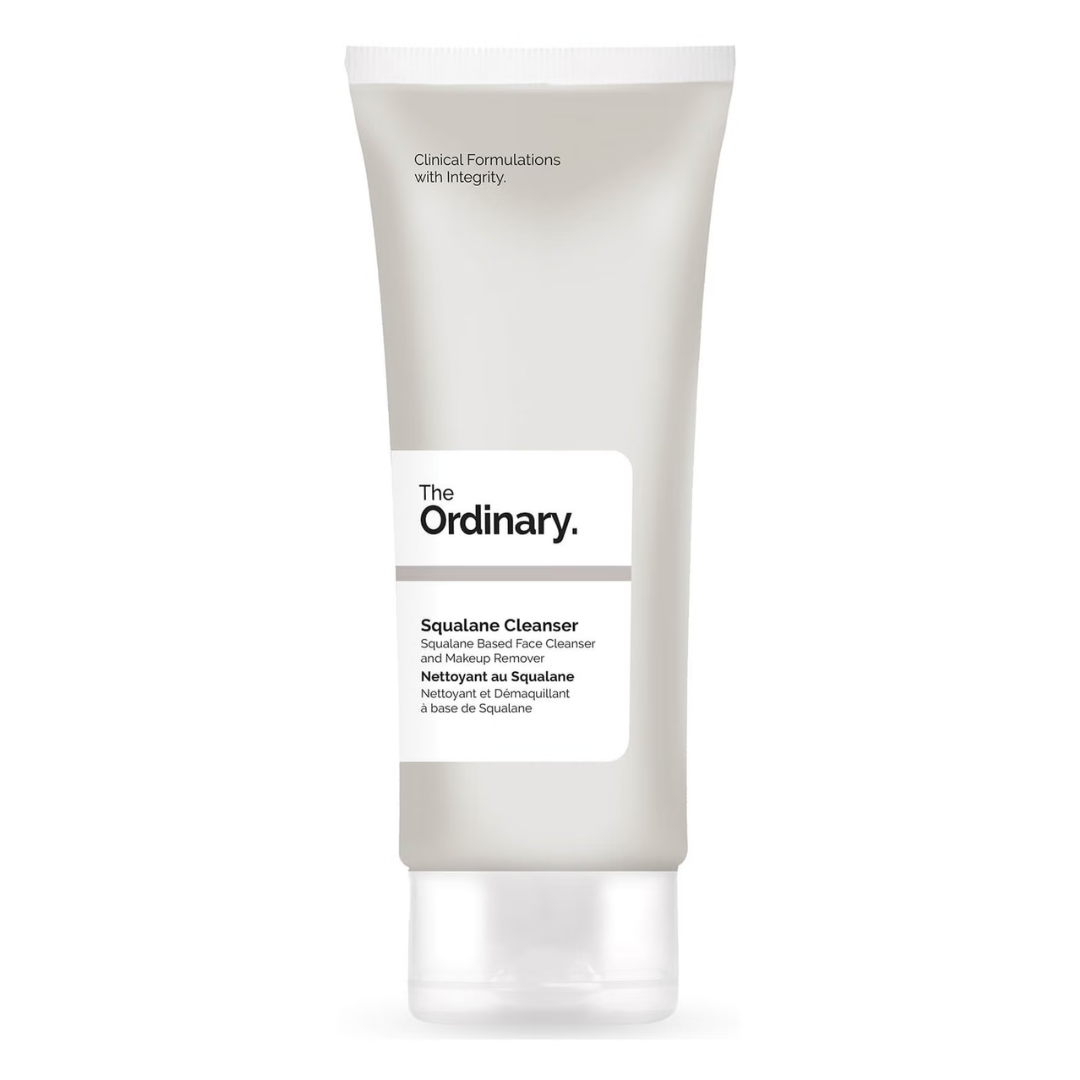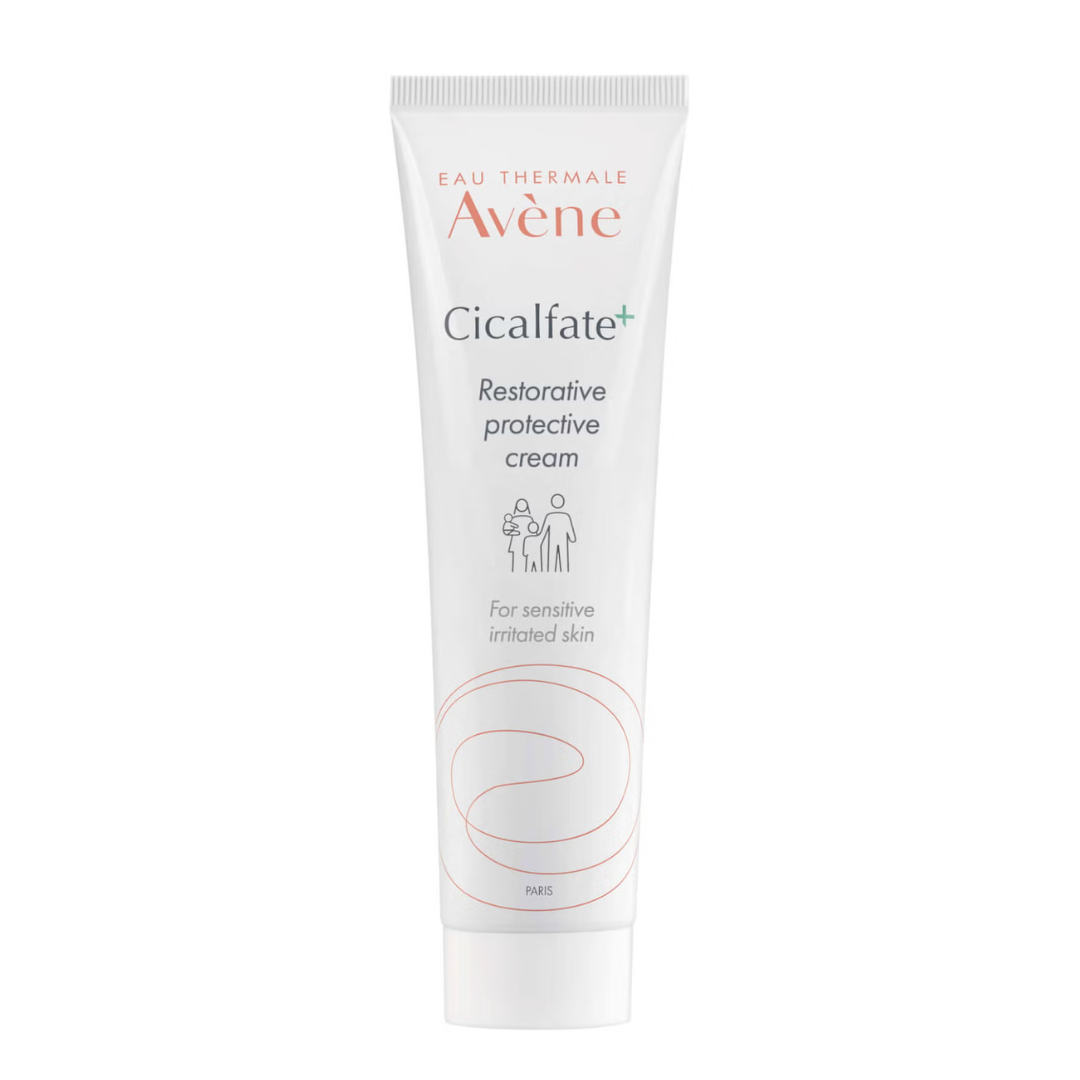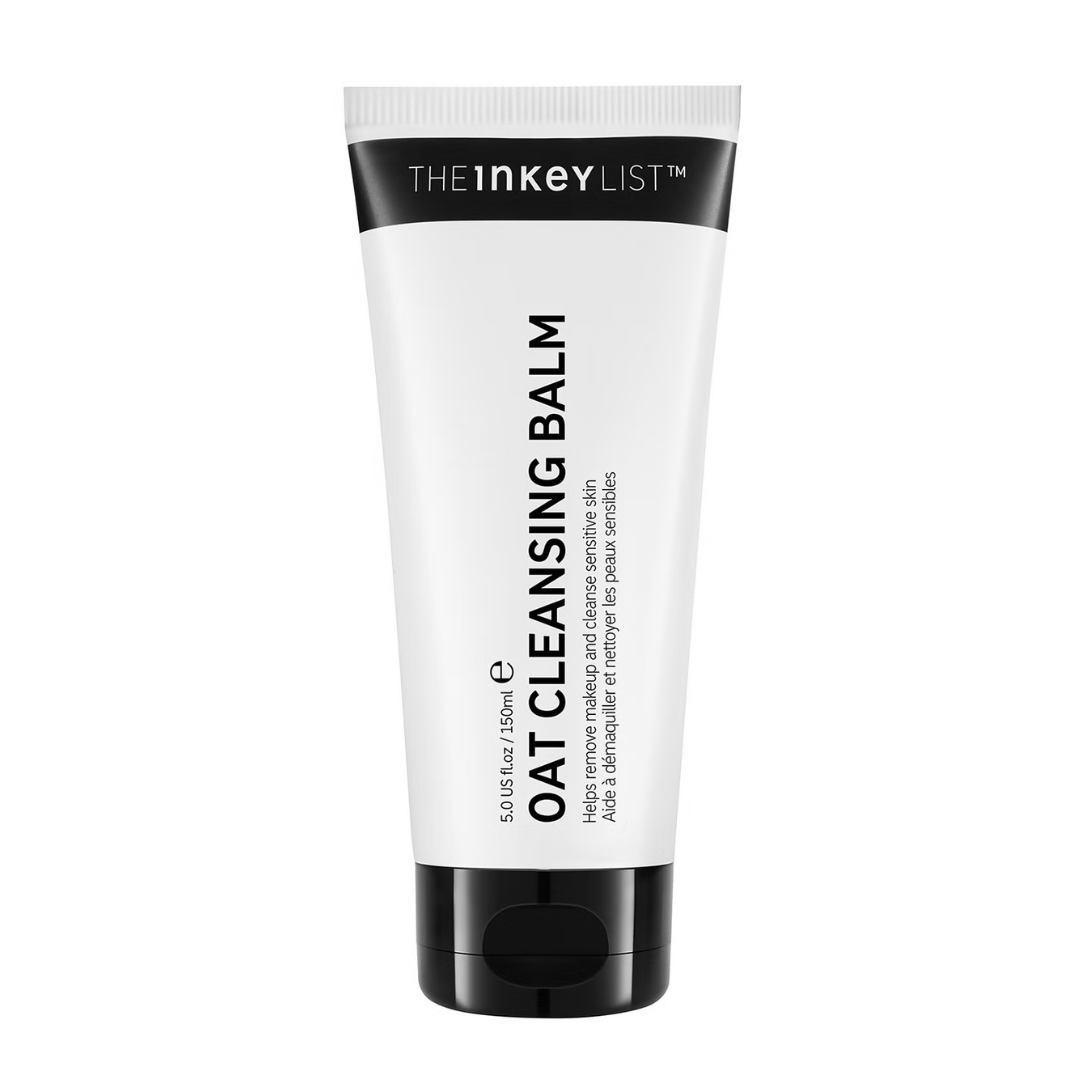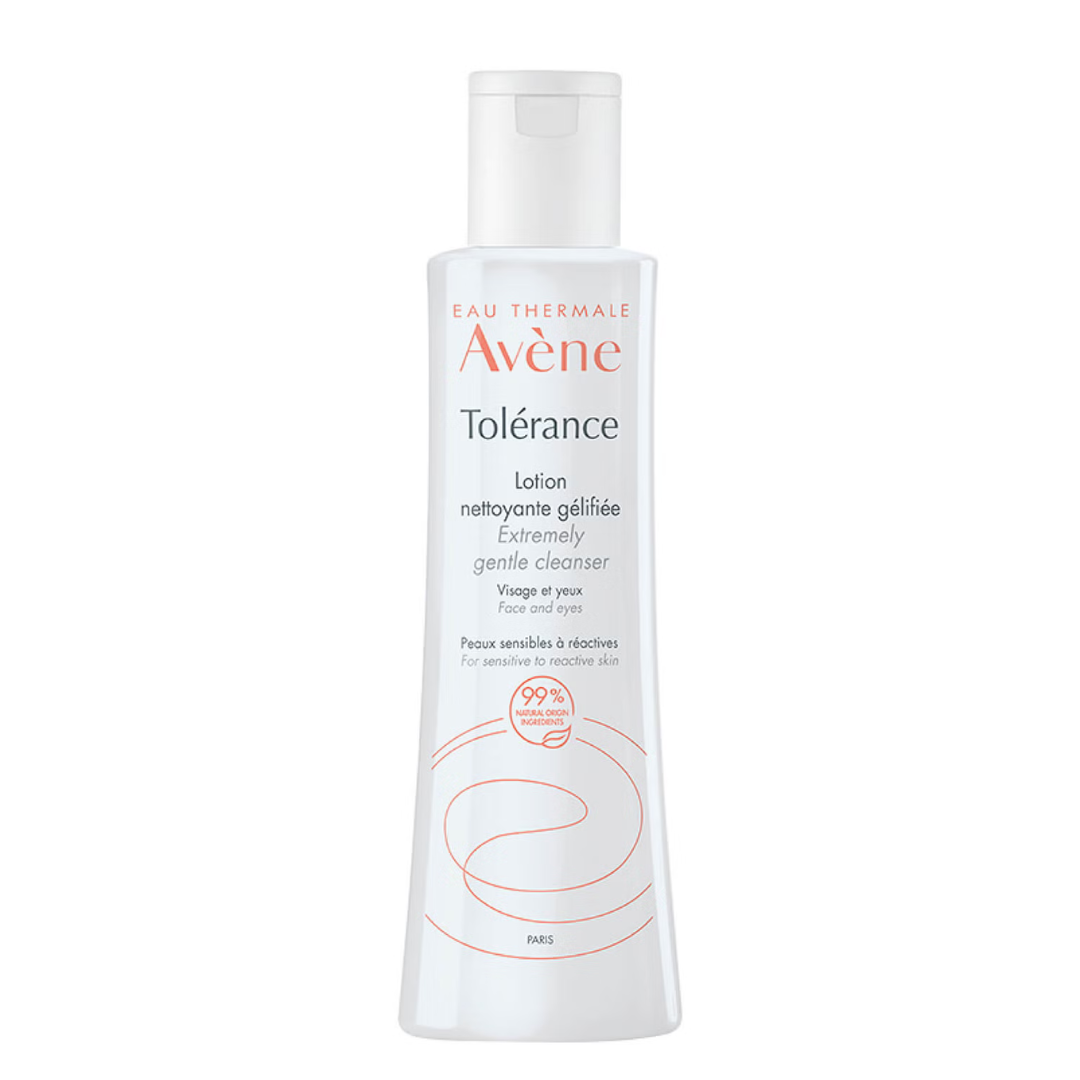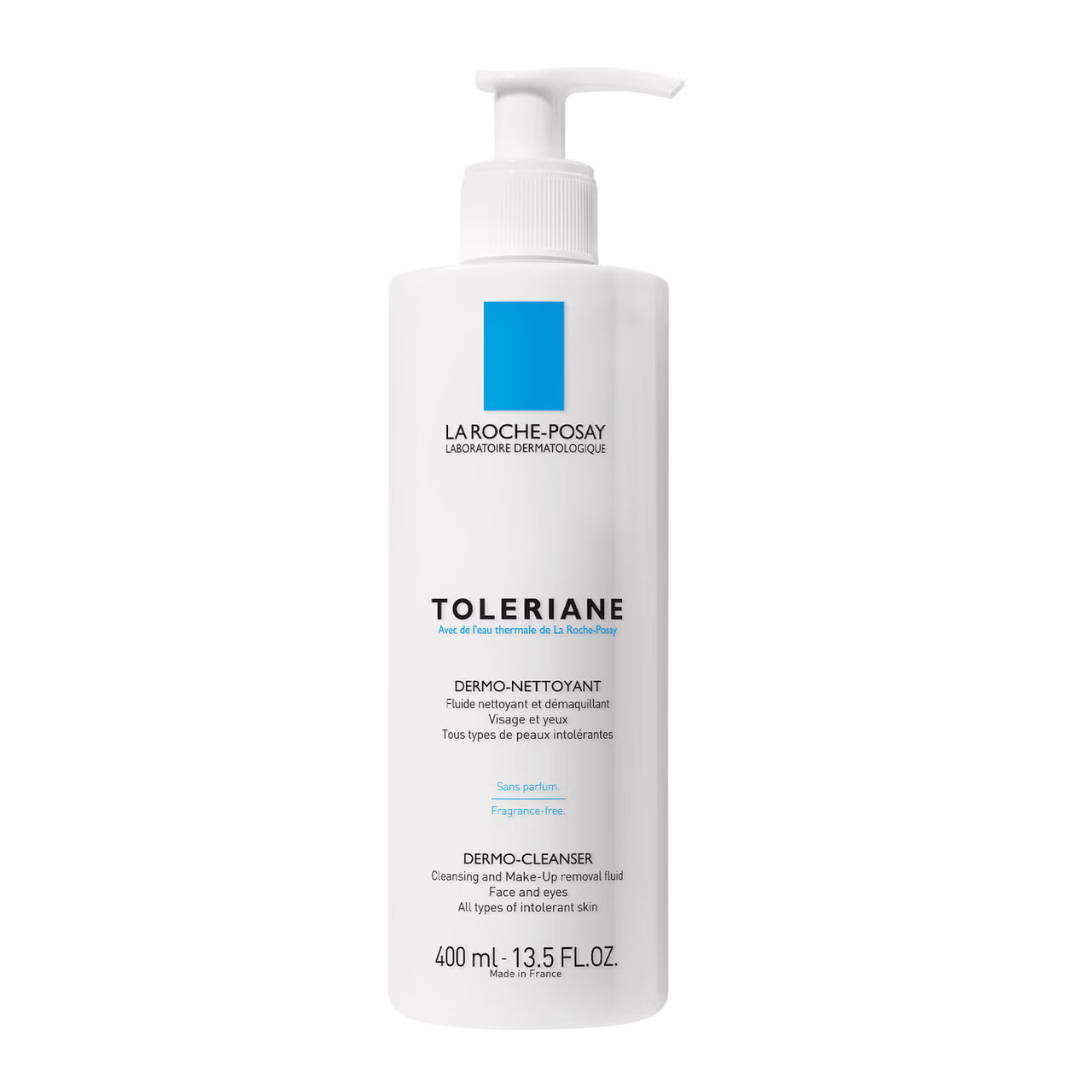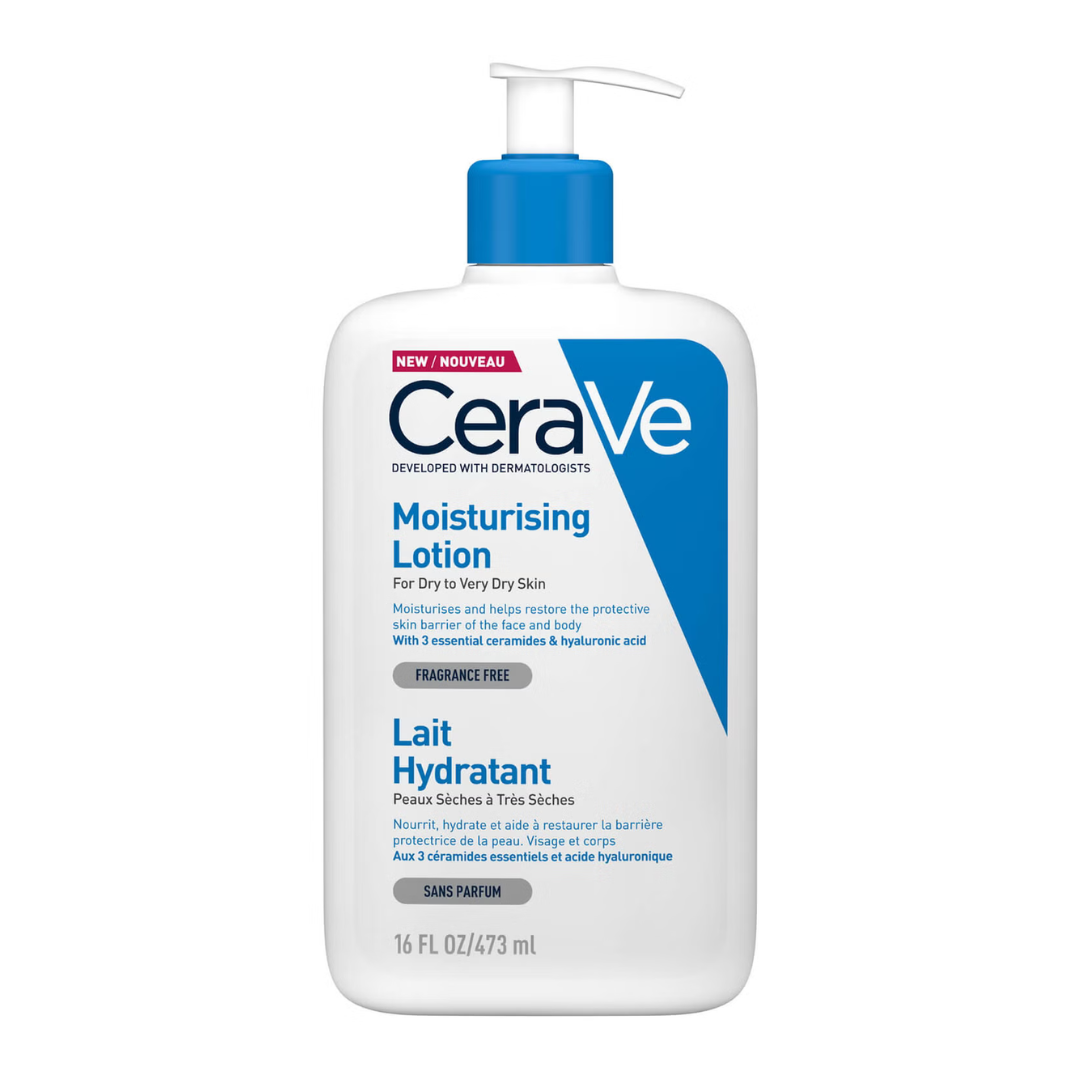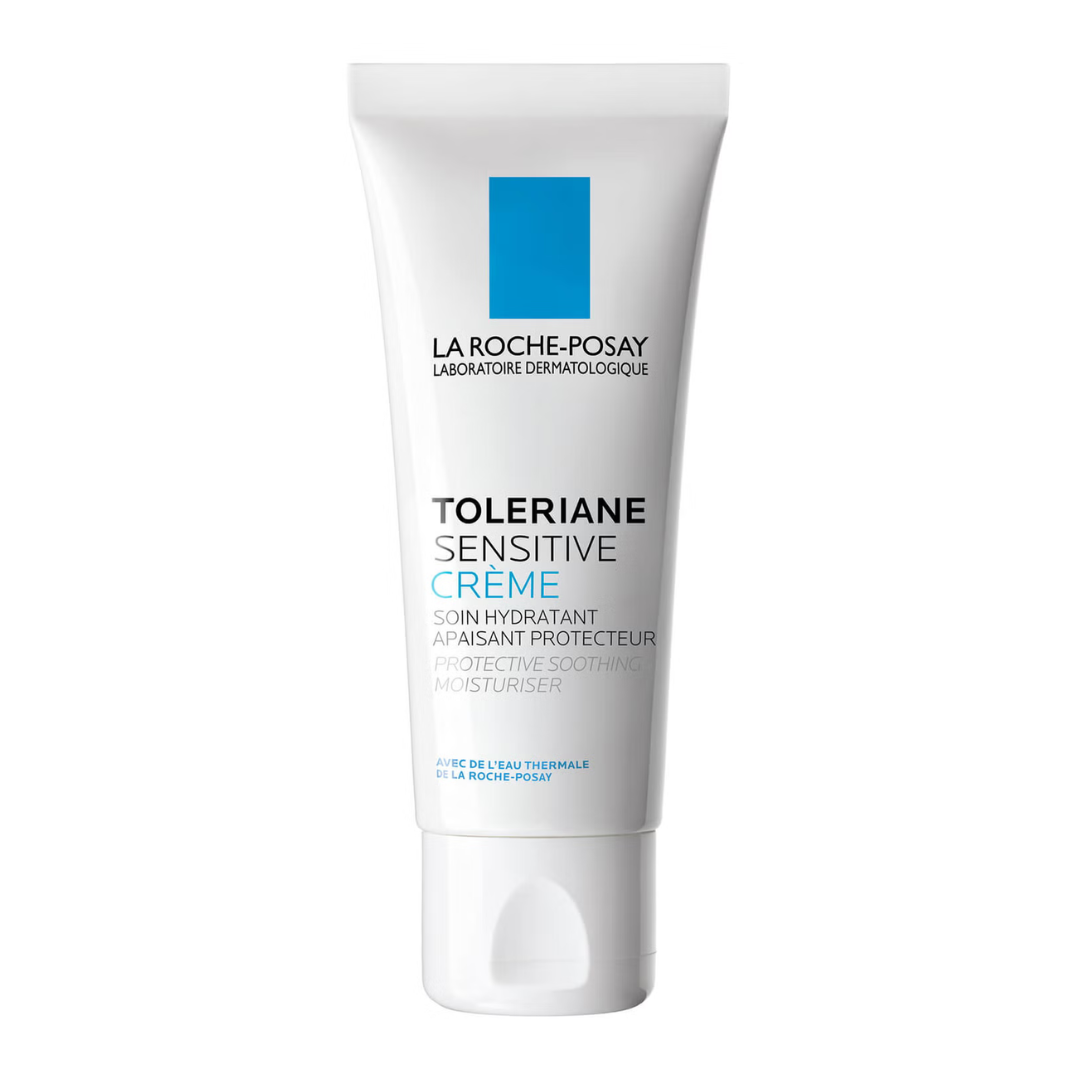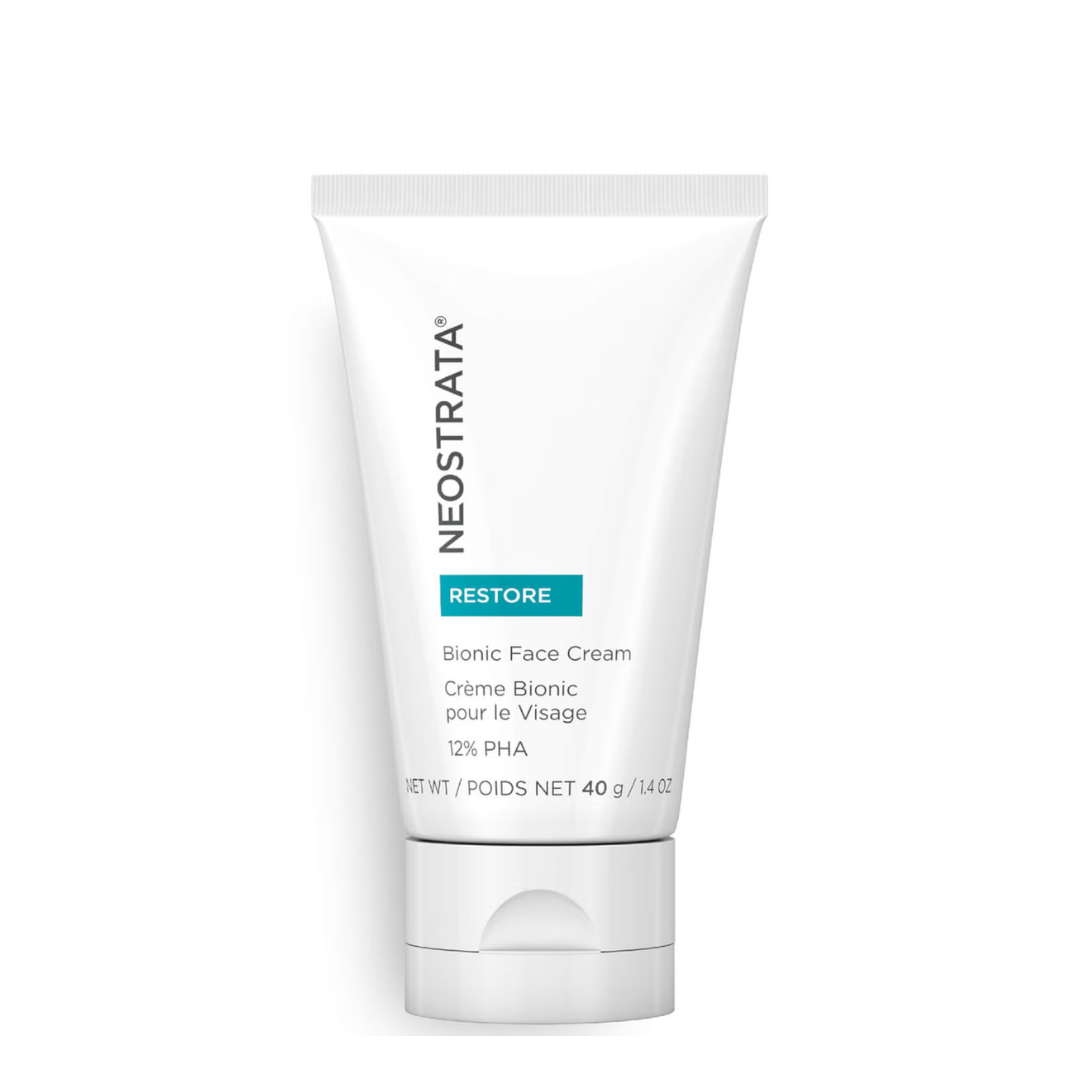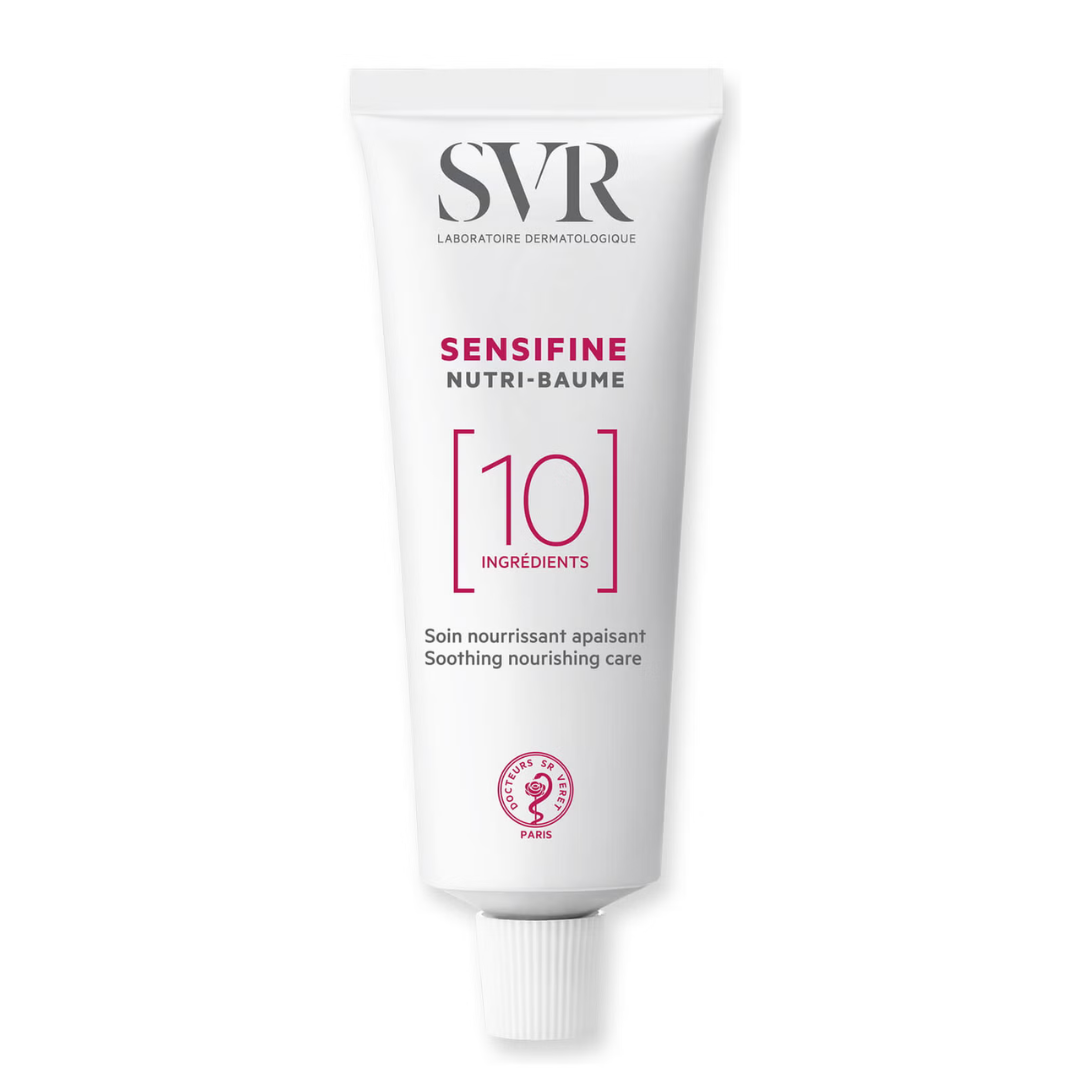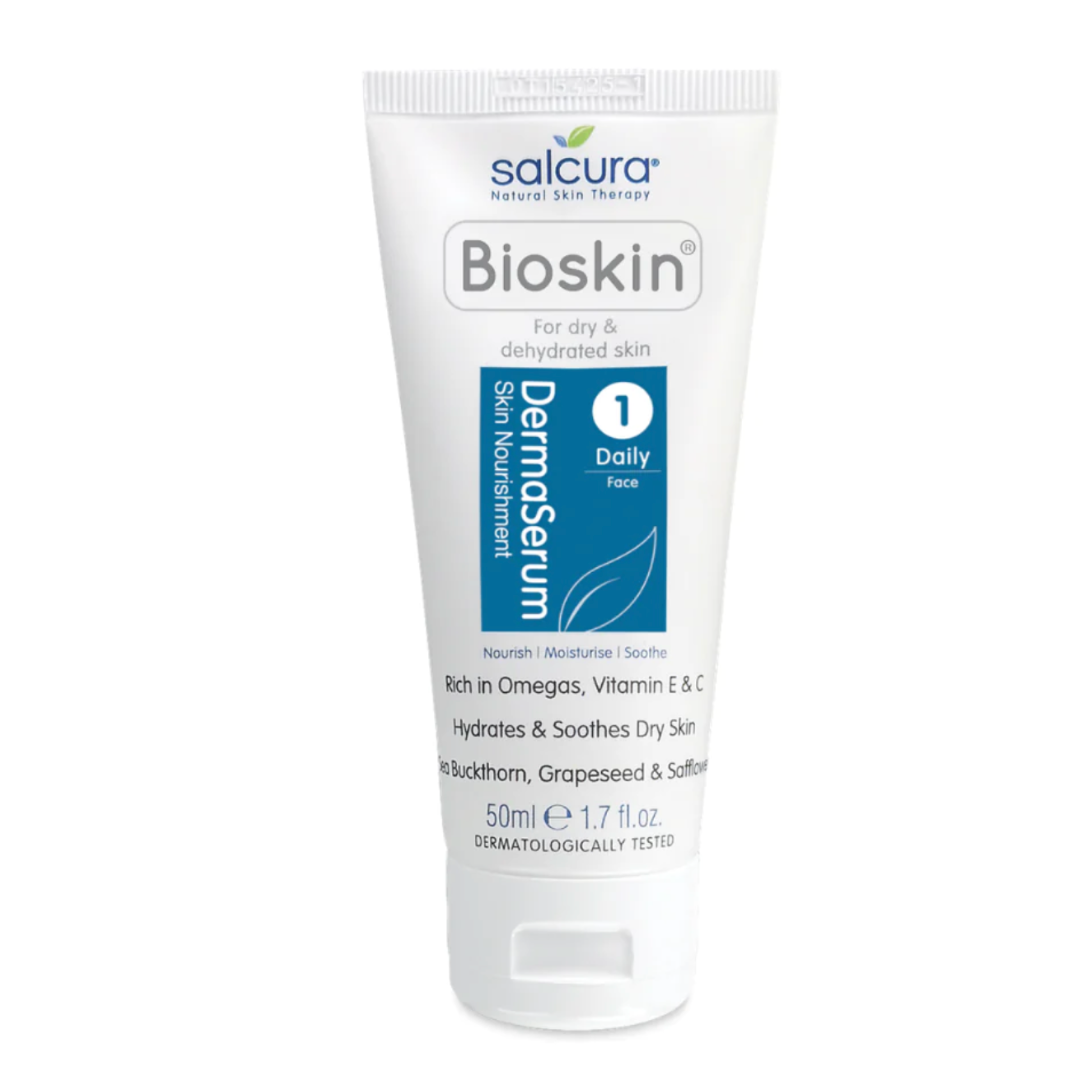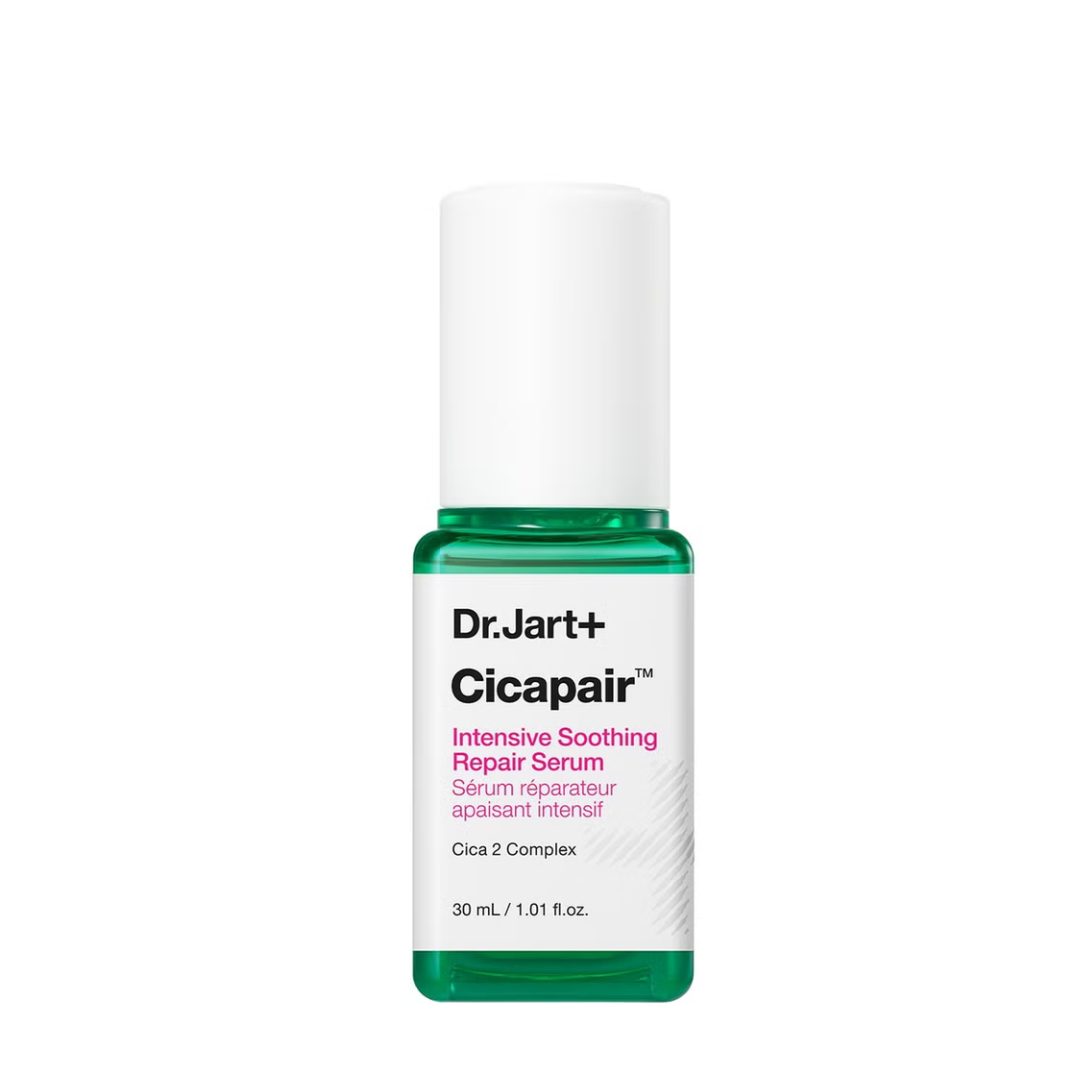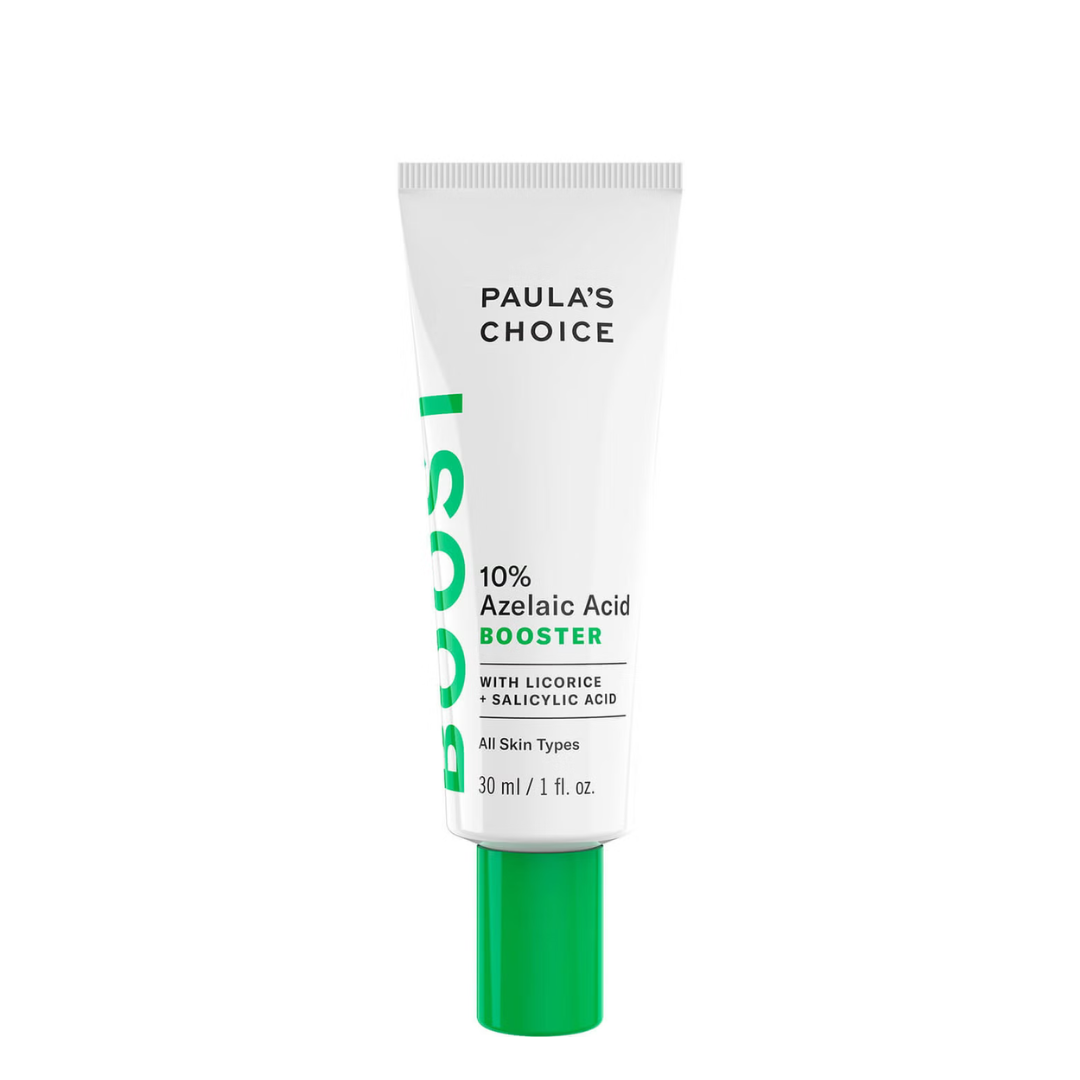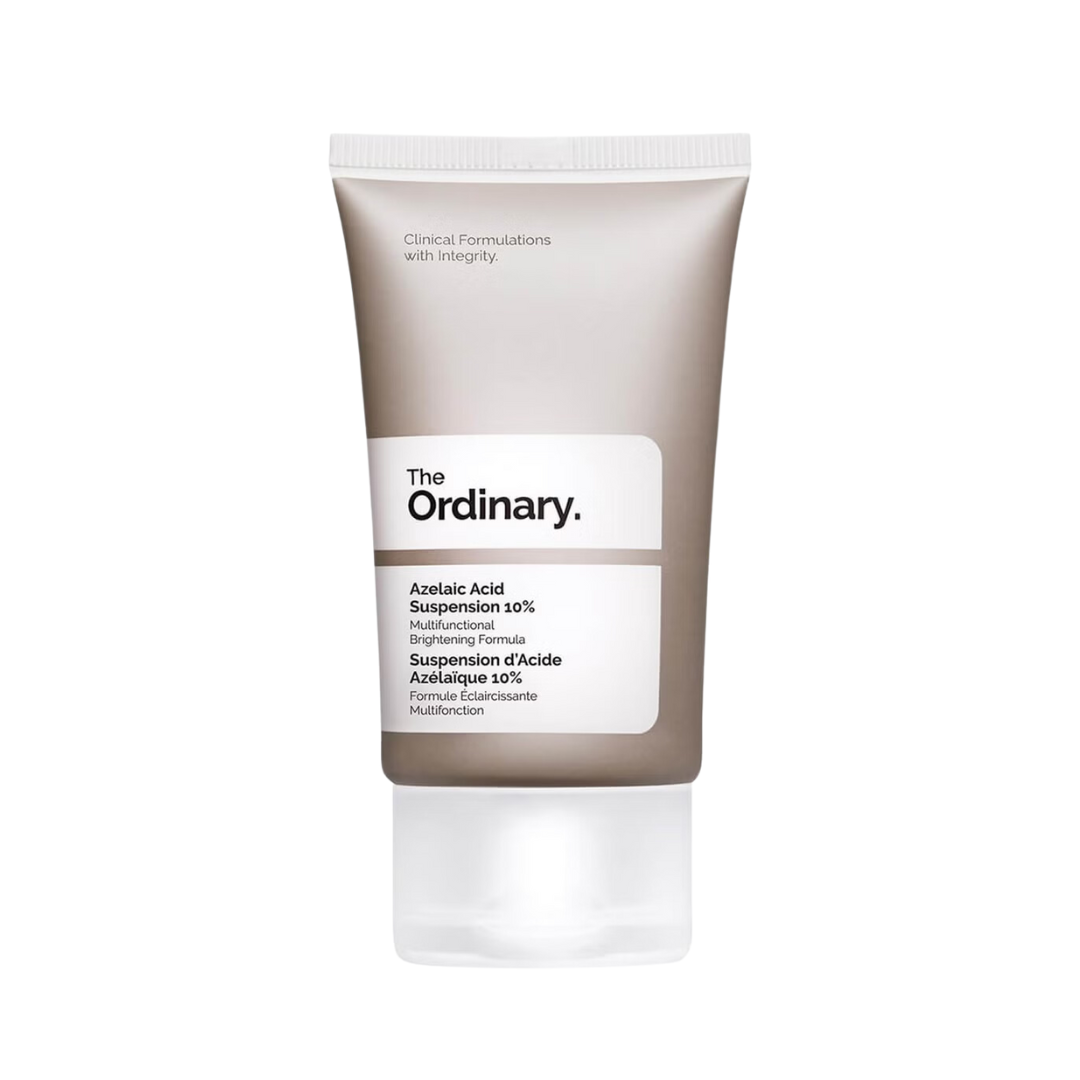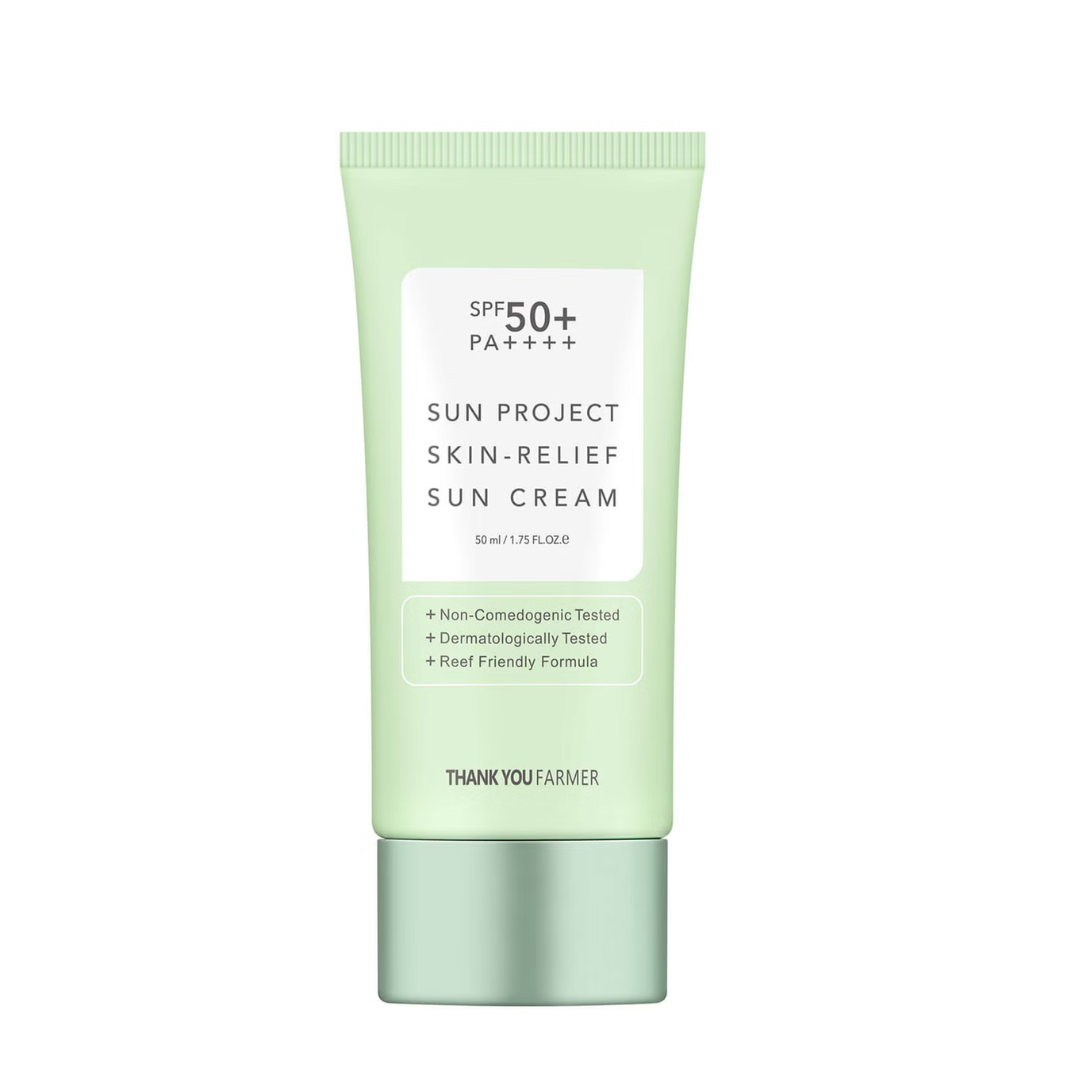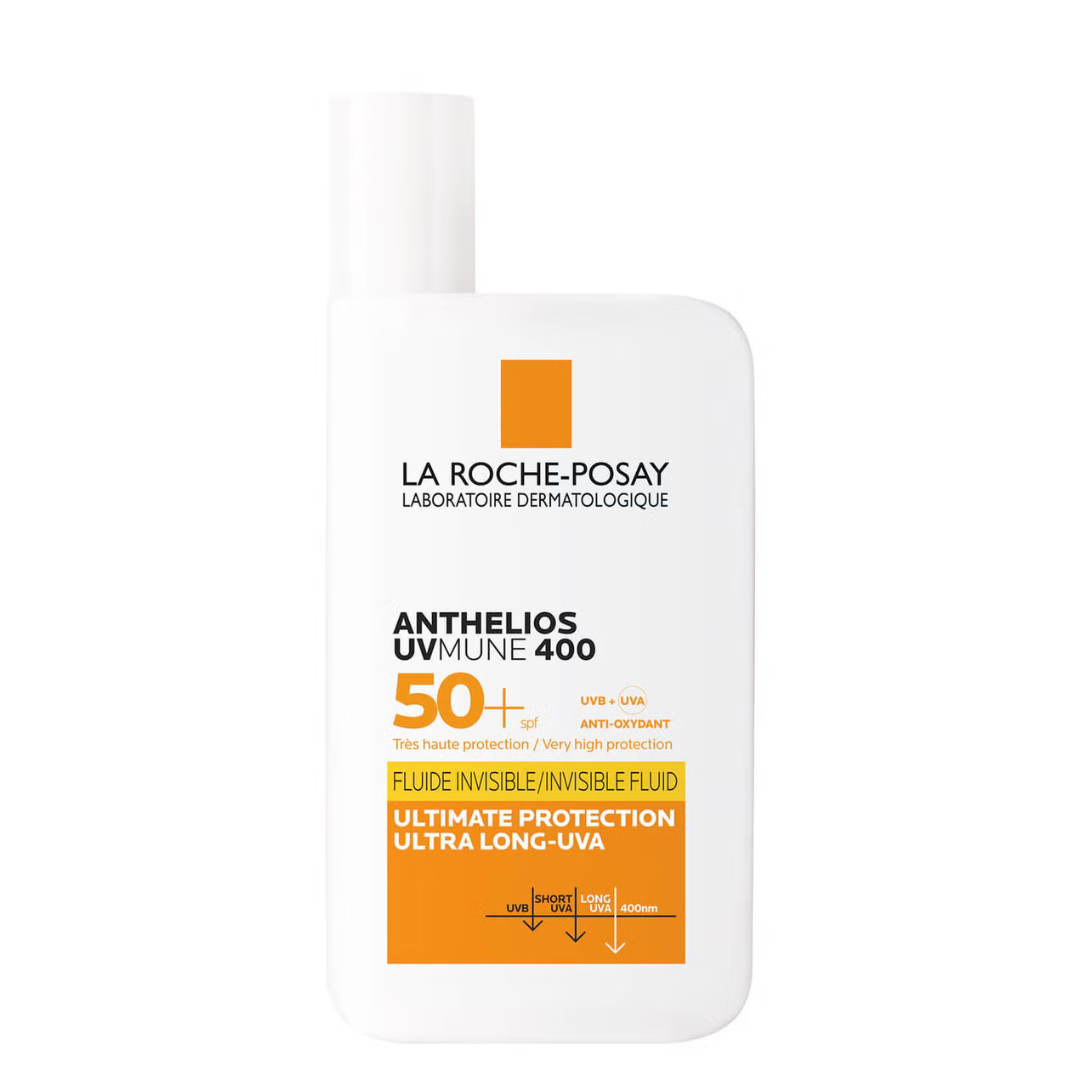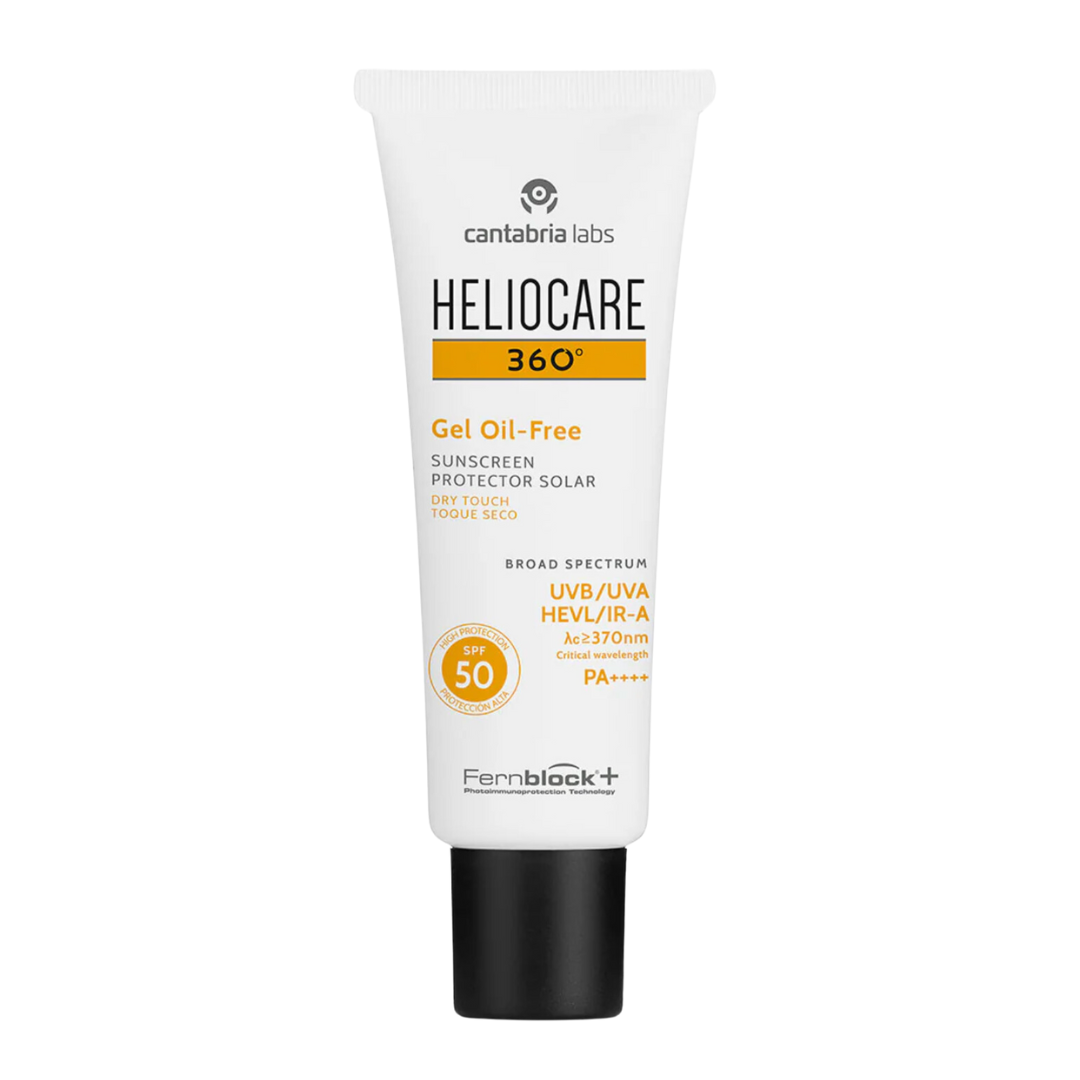Black Skin and Rosacea
April marks Rosacea Awareness Month, highlighting a skin condition that many people deal with but for many years little was known about how it affects Black and darker skin tones.
It is reported that less than 10% of Rosacea cases are from a Black background, but the figures could be considerably higher due to high levels of under-reporting. Though the condition has always been typically associated with white skin, it’s becoming increasingly common for skin of colour to also experience rosacea. Like with all skin conditions, it can have a detrimental impact on self-esteem, confidence and quality of life.
On Black skin, it is easy for both sufferers and medical professionals to miss the condition or to incorrectly classify it, so it is crucial that you are able to recognise the signs and triggers.
What is Rosacea?
Rosacea is a chronic skin disorder. It’s commonly characterised by persistent facial redness and inflammation around the forehead, nose, cheeks and chin but can also cause pustules and papules with or without pus, enlarged and visible blood vessels on the surface of the skin. The severity and impact of rosacea on the skin and quality of life can change over time.
What are the different types of Rosacea?
Without taking you back to your secondary school science lessons, there are four main subtypes of the condition which may present individually or even together:
Erythematotelangiectatic - flushing and constant redness in the centre of the face (with or without telangiectasia aka spider veins).
Papulopustular – constant redness in the centre of the face along with papules (congested bumps) or pustules (congested bumps with pus) or both that come and go.
Phymatous - thickened skin and nodules (fleshy lumps) may occur on the nose, chin, forehead, cheeks, or ears. This tends to affect men more than women.
Ocular – feeling like there’s something in the eye, burning or stinging, dryness, itching, sensitivity to the sun, blurry vision, swelling, dilated blood vessels (telangiectasia/spider veins) in the eyes.
What are the causes and triggers?
The exact cause of rosacea isn’t known yet and factors such as genetics, immune function and the environment are known to influence the development of the condition. The jury’s out whether mites that naturally live on the skin’s microbiome are also a contributory factor.
There are also lots of triggers that can aggravate rosacea. These include lifestyle factors such as alcohol (especially red wine), exercise, extreme hot and cold temperatures, hot drinks, spicy foods, stress, hair care products, use of steroids or skin bleaching products and even UV rays from the sun.
Diagnosing Rosacea on Black skin
Identifying rosacea in Black skin used be considered pretty difficult due to the incorrect assumption that darker skin tones didn’t experience the condition– not true. This also led to a lack of information and research regarding the way Black skin presents rosacea.
Thankfully, more dermatologists and medical practitioners are becoming aware of the characteristics of rosacea across skin tones and research has shown that symptoms can be presented and established in the following ways:
Spotting the signs of rosacea on Black skin
Your face feels warm all the time
Your face appears flushed all the time
Consistent burning and/or stinging in the face or a warm sensation
You have unidentified discolouration of the face
You have dry patches of skin that appear swollen
Acne type spots and breakouts that don’t clear up with treatment
The skin on your forehead, nose, cheeks and chin is rough, swollen, thickened and malformed.
Yellow or brown hardened bumps around your mouth and/or eyes
Your skin is sensitised to your skincare products -burning or stinging when you apply
Depending on your skin complexion you may be able to see dilated blood vessels and spider veins
Feeling as if there is something in your eyes, a gritty feeling or sensitivity to sunlight
Noticing that there are triggers for warm sensation, redness, bumps in the skin (e.g. sunlight, spicy food, stress, alcohol)
What skincare and treatments are available for Rosacea?
Currently there is no cure for rosacea so long-term management is required. Treatment usually starts with evaluating and managing lifestyle factors to avoid triggering a flare up. In addition, skincare and some types of treatments can be helpful for calming your skin.
SKINCARE
Your skincare products need to be gentle and sensitive-skin-friendly. Also avoid tools like manual cleansing brushes and flannels that can drag the skin.
Look for ingredients that fortify the skin barrrier and also strengthen the skin so that it develops resilience.
Key ingredients to look out for in your skincare include ceramides, cholesterol, gluconolactone, lactobionic acid and maltobionic acid.
Likewise, avoid ingredients that are known to exacerbate sensitive skin - fragrance, alcohol, astringents like witch hazel, tea tree oil or menthol.
Remember, sunscreen is also absolutely necessary! Most people find mineral sunscreens to be more comfortable, but on Black skin they can create a ghostly cast. Some people report irritation with chemical sunscreens, so it can take some trial and error to find out what really works for you personally.
Only use cool or lukewarm water on your face, avoid hot water, especially in the shower as the temperature we use for our body is always far too hot for the skin on our face.
In cold dry weather during the winter months, humidifiers can help keep your skin comfortable. Keep one close by on your nightstand for the most benefit.
TREATMENTS
Laser therapy can be beneficial for resurfacing thickened skin and reducing visible dilated blood vessels. Laser on Black skin is very safe in the hands of experienced practitioners.
Gentle superficial chemical peels can also support and strengthen the skin too, just make sure you consult an experienced practitioner beforehand.
Light based therapy such as at home LED masks are also useful for soothing and calming skin with rosacea.
WHAT HELP CAN YOU GET FROM MEDICAL PROFESSIONALS?
Topical medication in the form creams and lotions containing metronidazole and azelaic acid amongst others can be helpful.
Oral medication such as retinoids such as isotretinoin and antibiotics for reducing inflammation and pustules and papules.
If you’re concerned about your eyes, it’s crucial you book in to see an opthamologist.
Because rosacea is a poorly understood condition in Black skin, it is important to remain consistent and persistent in your requests for medical attention. Check out BSD Approved Professionals here.
Keep photo records and a diary of your symptoms.
Show your doctor this article if they are on familiar with Rosacea on Black skin
Advocating for your health needs can be daunting, but we have some tips to support you here.




